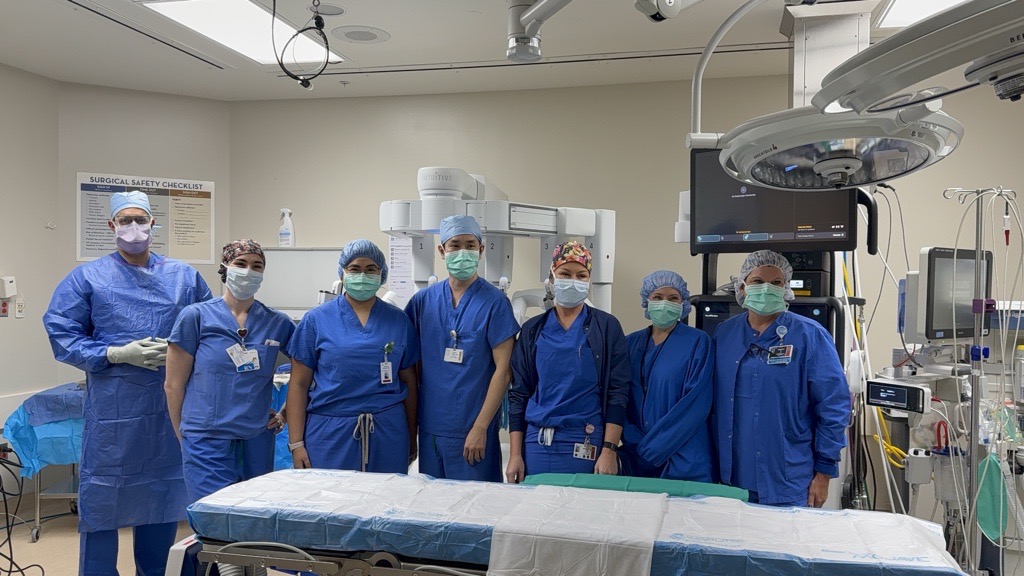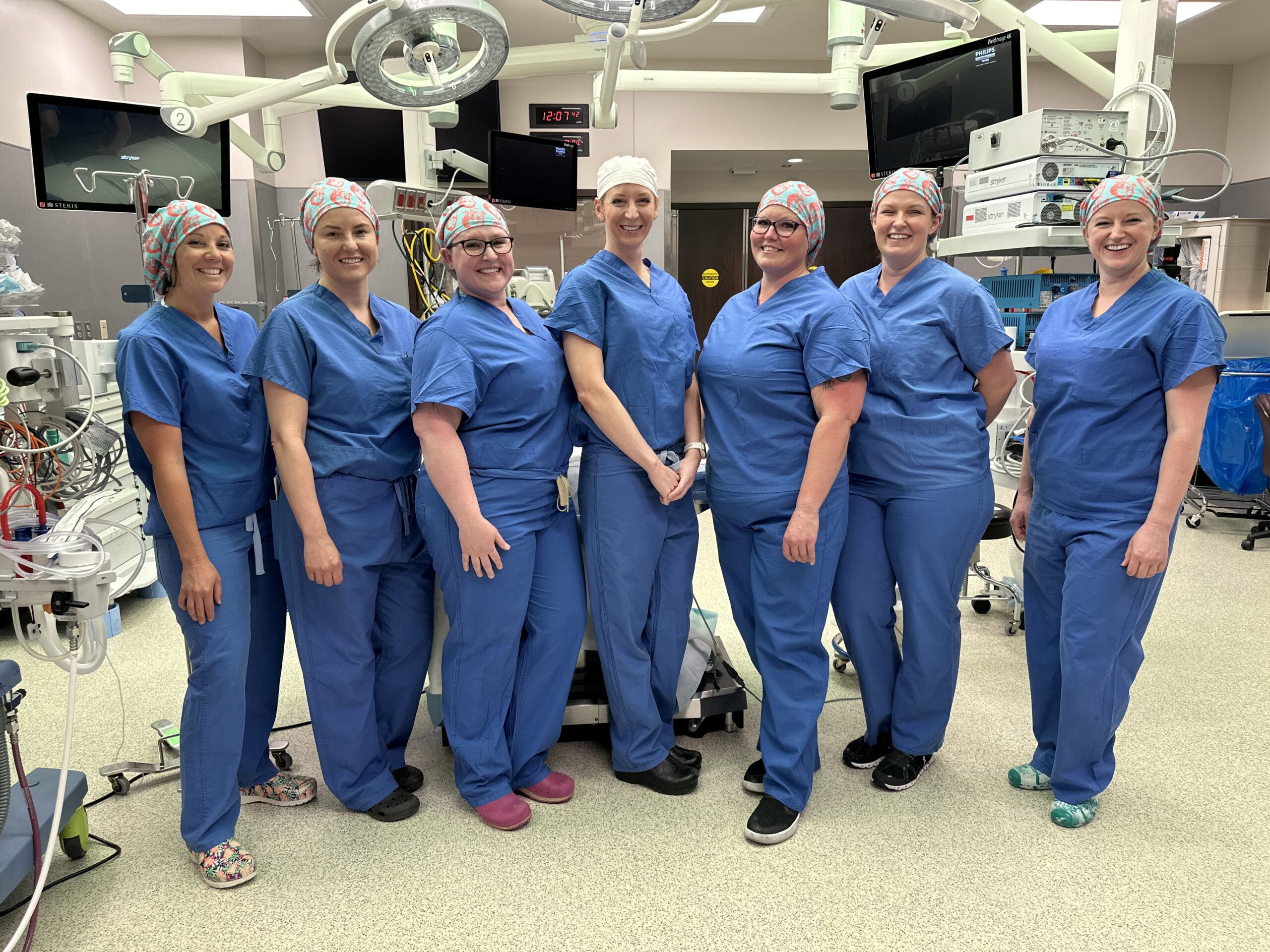Summary
In this blog, we explore the possibility of requiring a new prosthetic knee 15 years after undergoing knee replacement surgery. We will discuss the indications of implant wear, complications and key questions to consider.
I had knee replacement surgery 15 years ago and now my prosthetic knee is wearing out. Do I need a new one?
Knee and hip replacement surgeries have come a long way in recent years, with stronger implants and gentler surgical techniques. But any prosthetic joint still has a shelf life. It’s not uncommon for implants to begin wearing out after 15 or 20 years, especially for people who are either overweight or highly active or athletic, which puts added stress on the implant. When your prosthetic joint stops functioning properly, you might need to replace it with a new one. This is called joint revision surgery.
Joint revision surgery is more complicated than initial joint replacements and shouldn’t be taken lightly. The surgeon must remove the old implant, which will have grown into existing bone. Sometimes a bone graft is required in order to stabilize the new implant. Revision prosthetics also have a shorter lifespan than initial surgeries, lasting only about 10 years compared to 20. This is because two surgeries create more scar tissue and trauma to the joint area.
Even so, more than 22,000 knee revision surgeries happen in the United States every year, and Asante is one of the few health systems in our area to offer this advanced surgery. It’s available not only for knees but also for prosthetic hips. So if you’ve had a joint replacement and you’re concerned you need a new one, talk with your doctor to discuss your options. Here are some key questions to consider:
- Are you experiencing complications or infection from your initial joint replacement surgery?
- Have you had your current implant for more than 15 or 20 years?
- Is your current implant causing pain or loss of mobility that interferes with your daily activities?
- Are you feeling less stable when you walk or get in and out of a bed, chair or car?
- Do you walk with a consistent limp (significantly worsened since the initial replacement surgery)?
- Does your joint ever get “locked up” or feel especially stiff or immobile?
- Have you experienced a fall because of your unstable knee or hip implant?
- Have you suffered a bone fracture, or is your prosthetic joint itself broken or malfunctioning?
If you can say “yes” to any of these questions, ask your primary care provider to refer you to Asante’s joint replacement experts to discuss whether joint revision surgery is right for you. Our goal is to get you moving again, with less pain and a better quality of life.









